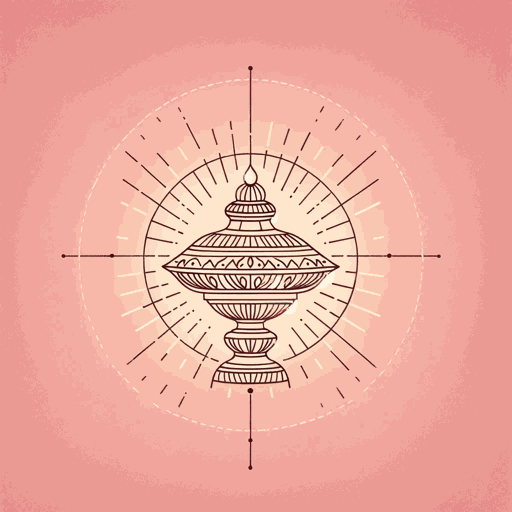74 pages • 2 hours read
Arundhati RoyThe Ministry Of Utmost Happiness
Fiction | Novel | Adult | Published in 2017A modern alternative to SparkNotes and CliffsNotes, SuperSummary offers high-quality Study Guides with detailed chapter summaries and analysis of major themes, characters, and more.
Character Analysis
Anjum (Aftab)
Anjum is the first character Roy introduces, and she remains a central figure in the novel even as its scope expands. Originally named Aftab, Anjum is an intersex Muslim woman whose parents, Jahanara Begum and Mulaqat Ali, raised her as a boy. She eventually became a very successful Hijra herself thanks to her striking looks, outspoken demeanor, and “steadfast commitment to an exaggerated, outrageous kind of femininity” (30). Nevertheless, she remained dissatisfied with her life, in large part because she wanted to be a mother. Her depression worsened after she narrowly escaped death at the hands of rioting Hindu nationalists; plagued by survivor’s guilt, she left the Khwabgah and made a home for herself in a cemetery where she could “wait to die” (96).
Anjum’s experiences of being a Hijra and an intersex woman reflect the novel’s interest in inner turmoil. On a national level, this plays out in the clashes between Hindu and Muslim Indians, the insurgency in Kashmir, the disputes within the ranks of Kashmiri insurgents, etc. It can also take much more personal forms, however, as Anjum’s situation demonstrates; she feels like a woman, but is constantly running up against the limits of her womanhood as a consequence of her mostly male anatomy—most obviously, in her inability to physically have a child herself.


